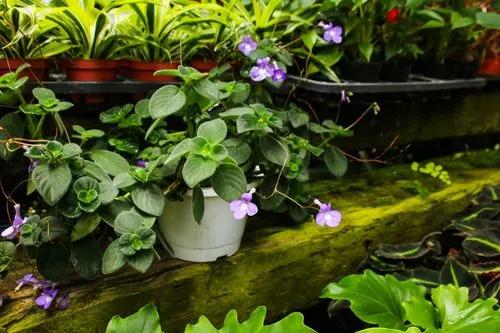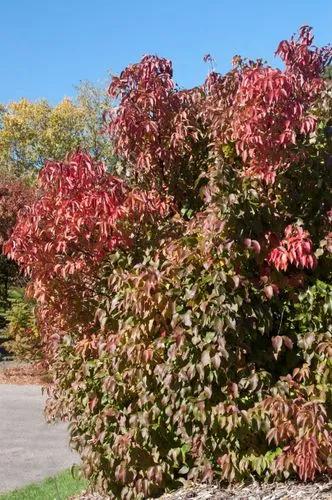Oriental poppies (Papaver orientale) are herbaceous perennial flowers with large, brightly colored blooms featuring petals reminiscent of crepe paper.1 These plants are grown mainly for their flowers, although they also bear attractive foliage in spring. They are just one of the various types of poppies, a group of plants known for its contributions in the areas of crafts, medicine, food, and landscaping.The most commonly found Oriental poppy flowers are orange (for example, 'Prince of Orange') and red (for example, 'Livermere'). But many cultivars exist, offering a variety of colors. The blossom petals usually sport a dark blotch at their base. The large buds nod down at first, but they raise their heads as the flowers unfurl.The big, thistle-like leaves of Oriental poppy are downy, deeply-lobed, and rich green in color, offering aesthetic value in their own right. The leaves are tightly packed, and the flower stems are stiff and hairy, making Oriental poppy a good cut flower. The pods that succeed the flowers also have an ornamental quality and are dried for crafts.
Oriental Poppy Care
Papaver Orientale



How to Care for the Plant

Water

During the blooming period (starting when the bud forms), give Oriental poppy 1 inch of water per week. Otherwise, water when the soil is dry, but do not overwater, especially during dormancy.

Fertilizer

Use a slow-release fertilizer in spring. Alternatively, side-dress the soil with compost or manure tea

Sunlight

Give your Oriental poppies full sun. Not only will this promote better flowering, but it will also reduce the chances of a powdery mildew infestation, which is a potential problem with these plants.

Soil

Grow Oriental poppy in a well-drained soil enriched with compost. It prefers neutral to slightly acid pH. Root rot can occur in soil that does not drain well.

Temperature

Oriental poppy will grow in any normal temperature and humidity conditions within planting zones 3 to 7. Some cultivars are labeled for zones up to 9, but generally, the plant does not prefer high heat and humidity.

Popularity

1,021 people already have this plant 163 people have added this plant to their wishlists
Discover more plants with the list below
Popular articles






